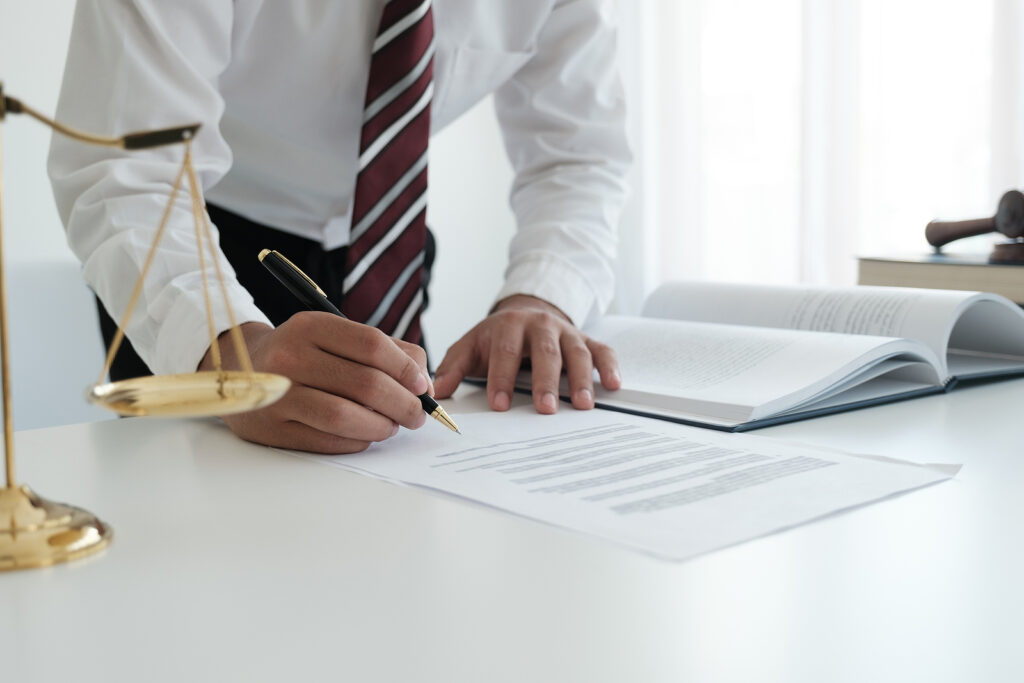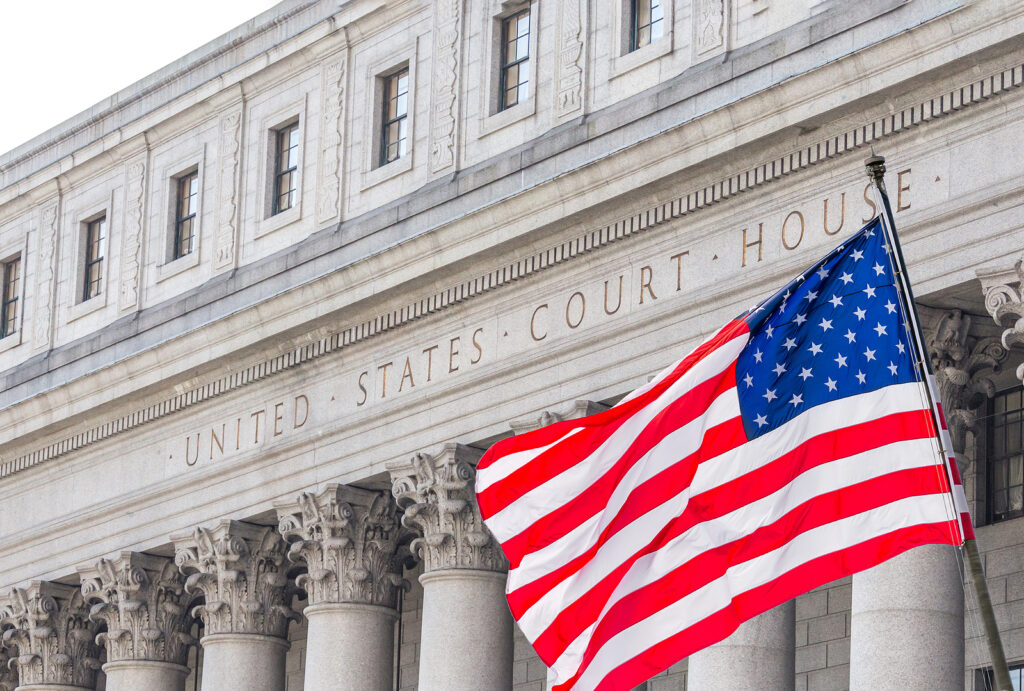If you are an accountant, paralegal, or out-of-state lawyer, you must be extremely careful as your services or actions in Florida may constitute the practice of law, which can lead to a criminal violation and civil liability.
Any person not licensed or otherwise authorized to practice law in this state who practices law in this state or holds himself or herself out to the public as qualified to practice law in this state, or who willfully pretends to be, or willfully takes or uses any name, title, addition, or description implying that he or she is qualified, or recognized by law as qualified, to practice law in this state, commits a felony of the third degree.
Florida Statutes, § 454.23. The main issue is whether the activity you plan to engage in, in the State of Florida, constitutes the unlicensed practice of law. Florida follows a two-part analysis. First, it must be determined whether the activity is the practice of law. Then, it must be determined whether the practice is authorized. If the activity is the practice of law but the activity is authorized, the activity is not the unlicensed practice of law and may be engaged in by a non-lawyer or non-Florida lawyer.
The test to determine whether a service or activity constitutes the practice of law was provided by the Florida Supreme Court in State Ex Rel. Florida Bar v. Sperry, 140 So.2d 587, 591 (Fla. 1962), J. vacated on other grounds, Sperry v. Florida ex rel. Florida Bar, 373 U.S. 379 (1963), as follows:
…if the giving of [the] advice and performance of [the] services affect important rights of a person under the law, and if the reasonable protection of the rights and property of those advised and served requires that the persons giving such advice possess legal skill and knowledge of the law greater than that possessed by the average citizen, then the giving of such advice and the performance of such services by one for another as a course of conduct constitutes the practice of law.

- Drafting corporate documents (articles, charter, and related documents) for other persons;
- Representing other persons in court, arbitration, and government administrative agency hearings;
- Preparing or drafting legal documents or forms for others;
- Drafting documents to be field in court or administrative or judicial agency;
- Modifying documents approved by the Florida Supreme Court;
- Holding oneself out as an attorney either expressly or impliedly (including using the titles or initials: “Esquire”, “J.D.”, “attorney”, “lawyer”);
- Giving any advice on any claims filed, or to be filed in Court or a government administrative or judicial agency;
- Helping others select legal documents or forms, or complete legal documents or forms;
- Preparing or drafting a contract for sale or purchase of real estate;
- Negotiating agreements (whether oral or written) on behalf of others; and
- Giving any advice on, or interpretation of any statute, regulation, judicial case, or code.

If you plan to engage in any of the above, or in any activity that you suspect may be the practice of law in Florida, the next step in the analysis is to determine if the service or activity is authorized. If authorized, then it is not the unlicensed practice of law and may be engaged in. The Florida Bar v. Moses, 380 So. 2d 412, 417 (Fla. 1980). Authorization can be strictly service or activity related or person-activity related. Generally, if the service or activity is not considered to be the practice of law, there is no prohibition to engaging in the activity or service. Person-activity related authorizations relate to specific authorizations given to specific people, based on their profession, training, or other criteria. For example:
- Accountants – Accountants are not permitted to draft corporate documents, but are permitted to represent others before the IRS in tax matters because federal law authorizes this activity.
- Public Adjusters – Public adjusters are not permitted to represent insureds against insurance companies generally, but are permitted to negotiate home property damage issues with insurance companies.
- Corporations – A corporation is not permitted to be represented by a non-lawyer, but a corporation may have a non-lawyer represent it in small claims court, if not eviction related.
- Non-Lawyers and government – Non-lawyers, including non-Florida lawyers, may represent others in federal government agencies if those agencies legally authorize the representation and approves them.
- Non-Florida Lawyers – Non-Florida lawyers may establish an interstate practice if the attorneys follow the guidelines of The Florida Bar v. Savitt, 363 So. 2d 559 (Fla. 1978). Even then, the non-Florida lawyer’s practice will be limited.
- Title Insurance Agents – Title Insurance Agents and other specific classes of persons can prepare certain real estate related forms and agreements.
- Law Students – Law students or graduates who are not yet members of the Florida Bar may apply to be Certified Legal Interns to represent certain individuals in limited circumstances.
- Foreign Legal Consultants – Lawyers licensed to practice law outside of the United States can apply to the Florida Bar to become a Foreign Legal Consultant to advise clients on the laws of the bar under which he/she is admitted to practice. These lawyers are not authorized to provide legal services or activities in any other capacity.
- Authorized House Counsel – An attorney licensed in a state other than Florida or a foreign country may work in Florida as Authorized House Counsel for a company if the attorney registers pursuant to Chapter 17 of the Rules Regulating the Florida Bar.
If you are unsure whether a service or activity you are engaged in or plan to engage in, may constitute the practice of law, please contact one of our experienced business attorneys. The Private Corporate Counsel Program is available at 888-647-7887 or by email at info@pcc.law.